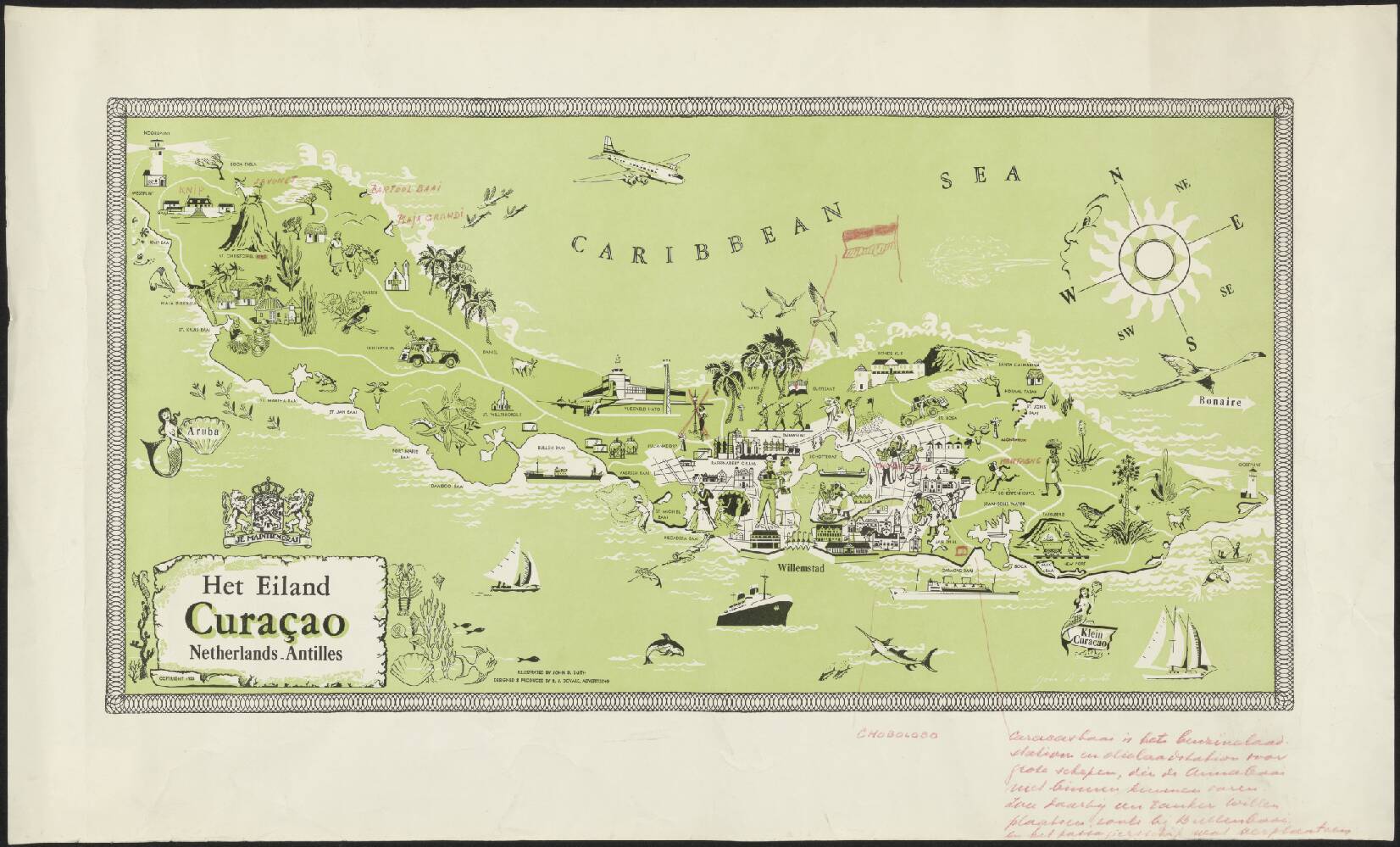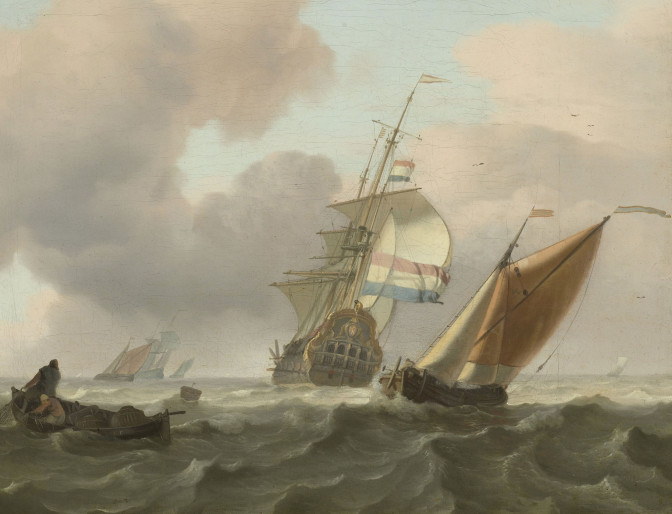Here is an overview of the new sources, projects, and other news announced last month.
Sources
- The oldest Yearbooks of the Dutch Settlers Society of Albany (1924-1951) are now available on their website. These books contain many abstracts of early records of the town of Beverwijk/Albany in the current state of New York, including some from the period when it was part of the colony of New Netherland.
- Notarial records of Schouwen-Duiveland 1642-1810 are now available via Zeeuwen Gezocht, the genealogical search engine for ancestors from Zeeland. Some of the attached scans are poor microfilm copies. These will be replaced with high quality scans from the originals later this year.
- Several civil registration records of Wijhe, Zwartsluis, Deventer, Diepenveen, and Grafhorst in Overijssel have been indexed. They can be searched via Open Archives.
- Part of the collection of prints, drawings, photos, etc. of the Gelders Archief are now also available via CollectieGelderland, a provincial website with access to images of heritage organizations in Gelderland.
- Digitized records about Utrecht in World War II have been added to Oorlogsbronnen, a website with sources relating to World War II.
- Various transcriptions and abstracts of early sources for Den Bosch, including for the Bossche Protocollen court records 1367-1421, have been published at the Bossche Encyclopedie.
- Military records from the east of Noord-Brabant 1815-1930 have been scanned and indexed. You can search them at the BHIC website.
- Several indexes of church records of towns in North Holland have been added to Ooijevaar.info.
- Indexes and images of notarial records of Berkhout and Hoorn 1634-1935 have been added to the West-Fries Archief website.
- The National Archives digitized the maps and drawings of the Department of Colonies 1814-1963 (record group 4.MIKO). This includes many maps of the Dutch East Indies, Netherlands Antilles, Suriname, and other places with colonial or trade relationships with the Netherlands. The maps are available at the Nationaal Archief website.

Map of Curacao, 1953. Credits: call no. 6577, 4.MIKO, National Archives (public domain).
Projects
- Frisian prison records 1797-1921 are being indexed. This concerns the prisons in Leeuwarden, Heerenveen, Sneek, and Harlingen. Volunteers can report to Vele Handen after 13 April 2023.
- The pre-1810 town records of Made en Drimmelen, Drimmelen en Standhazen, Hooge en Lage Zwaluwe, Hendrik Luiten Ambacht, and Gilze en Rijen are being digitized. The scans should become available at the Regionaal Archief Tilburg website in about three months.
- The death duties files of Noord-Brabant 1903-1927 are being indexed. Volunteers can help on the Het Volk website. [Source: BHIC]
- Utrecht family records 1910-1936, part of the Utrecht population registers, are being digitized. Volunteers can help on the Het Volk website. [Source: HUA]
- The old town records of Roermond 1259-1796 are being digitized. The records will be restored first and then digitized. The project should two two years. [Source: Archief Roermond]
- The Amsterdam City Archives started a project to research personnel and ships of the West India Company. The project will use the Amsterdam notarial records that are being scanned automatically transcribed. [Source: Amsterdam City Archives]

Turbulent sea, by Ludolf Bakhuysen, 1697. Image credits: Rijksmuseum
Archives
- The Groninger Archieven is renovating their reading rooms and visitor spaces, and will have limited capacity for the next year or so. Visits are only possible after prior reservation. [Source: Groninger Archieven]
Other news
- The Dutch senate agreed to a new law that allows parents to give their children the last names of both parents. This applies to newborns and to children born since 2016, and to any future siblings born to them. The names will be separated with a space, for example: De Vries van der Berg. The maximum number of names that can be combined is two, so there will be no exponential growth of names when two people with double names have children together. Parents can also opt to give the child just one name, of either parent. [Source: NOS]
- Several Dutch archives collaborated to create YouTube videos explaining key concepts about archives. The videos are in Dutch but YouTube allows you to turn on captions by pressing the CC button. If you select English in the settings (cog wheel), it will translate the captions for you (though not perfectly).

